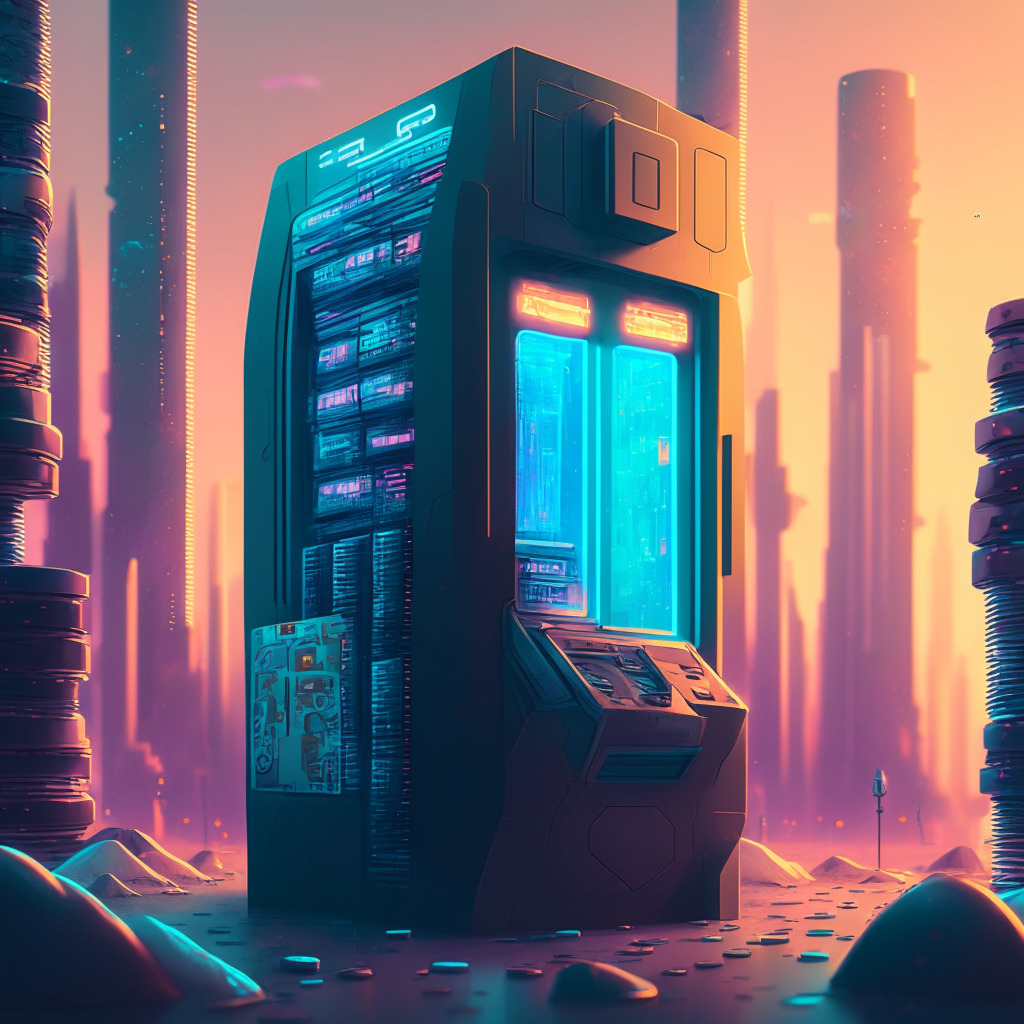In a recent blog post, the Swiss nonprofit Aragon Association defended their decision to ban several members from their Discord platform, arguing that decentralized autonomous organizations (DAOs) can still function effectively even if certain tools, such as Discord, are restricted for some users. This action raises pertinent questions regarding how a blockchain-based governance project should strike a balance between decentralization and the need for regulation among its community members.
Aragon is a crypto governance project that facilitates DAOs, which are essentially blockchain-based entities that grant investors voting rights in shaping the project’s direction. The project has recently gained attention from a group of activist investors who are concerned with the project’s financial management and decision-making processes. Discord channels and project governance forums are significant platforms where members of the Aragon community can exchange ideas, propose solutions, and coordinate actions.
The ban of some members from the project’s Discord server has fueled debates surrounding the concept of decentralized governance within the crypto community. On one side, Aragon argues that this action was necessary to protect project integrity and maintain healthy communication within the community. The Aragon Association stated: “The AA will continue to carefully and empirically pace our decentralization to ensure that individuals and groups cannot use the ANT token for personal profit at the expense of building the technology which the ANT token is intended to govern.”
On the other hand, some exiled members belong to a group known as RFV raiders, which represents underground activist investors involved in digital assets. Critics argue that excluding members from communication channels hampers the entire ethos of decentralization and transparency that DAOs stand for. Aragon has not provided an exact timeline as to when the treasury will be fully under community control, and banned members are yet to be reinstated.
While the conflict highlights the complexities of applying crypto governance in real-world scenarios, it also raises the question of how decentralized projects can ensure the principles of fairness, transparency, and community engagement are upheld. As Aragon and other projects in the space move toward increased decentralization, striking the right balance between openness and control will be vital.
The Aragon debacle also serves as a cautionary tale for other DAO projects as they experiment with ways to strike the right balance between aligning stakeholder interests, management practices, and decentralization. As crypto governance continues to evolve, it’s crucial that lessons be learned and applied to ensure a future where governance innovations pave the way for significant advancements in blockchain technology.
Source: Coindesk




